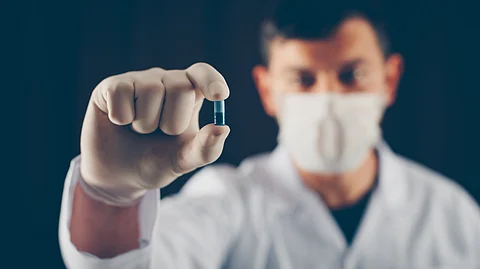A new study published in JAMA Network Open on August 7, 2025, assessed new initiation approaches used by hospital-based addiction consult services (ACS) to treat OUD around the country.1
FDA-approved medications, including methadone and buprenorphine, have been demonstrated to reduce opioid-related mortality and overdoses by as much as 50%. Yet, clinical guidelines on how to initiate these lifesaving medications–which were developed when heroin and prescription opioids dominated the unregulated opioid supply–are outdated.
Researchers surveyed 58 directors of hospital-based ACS and found that most ACS recognized the prevalence of HPSOs and agreed they have changed how they approach medication initiation.


